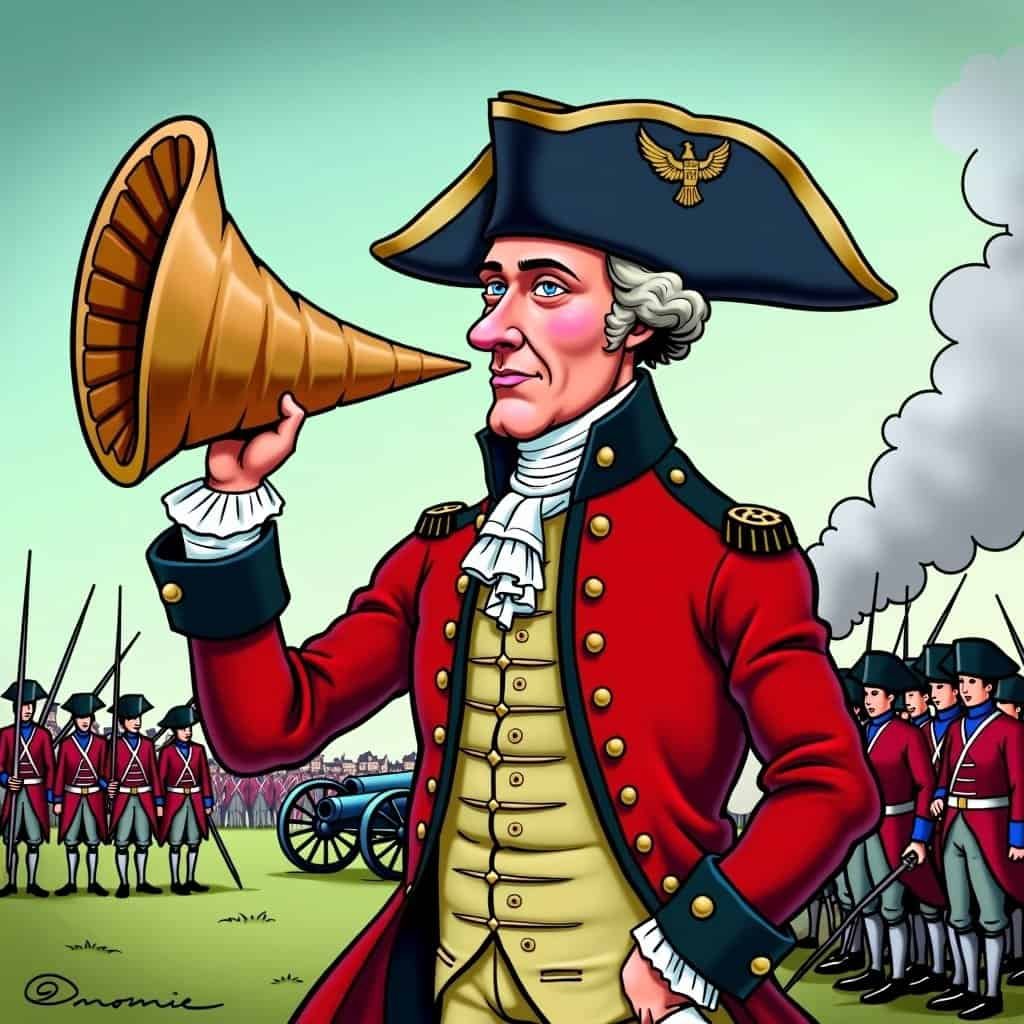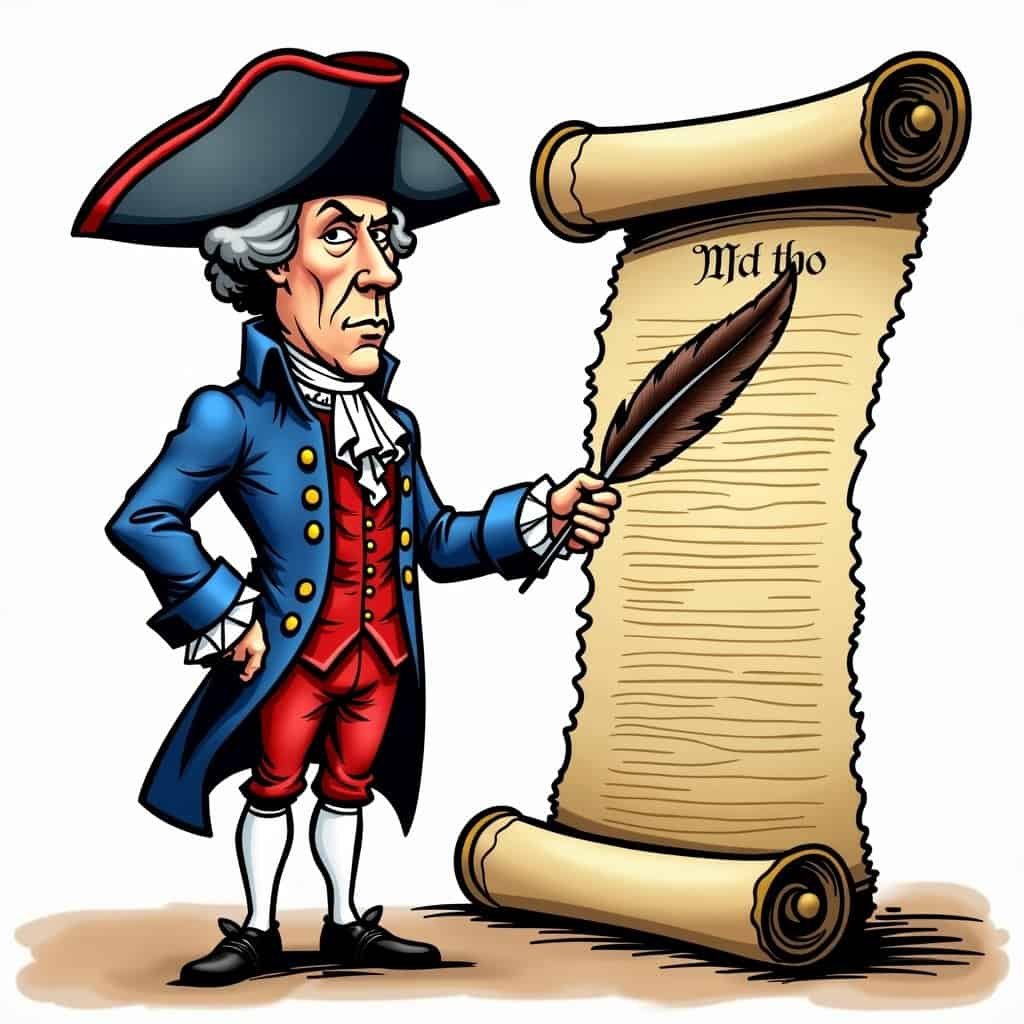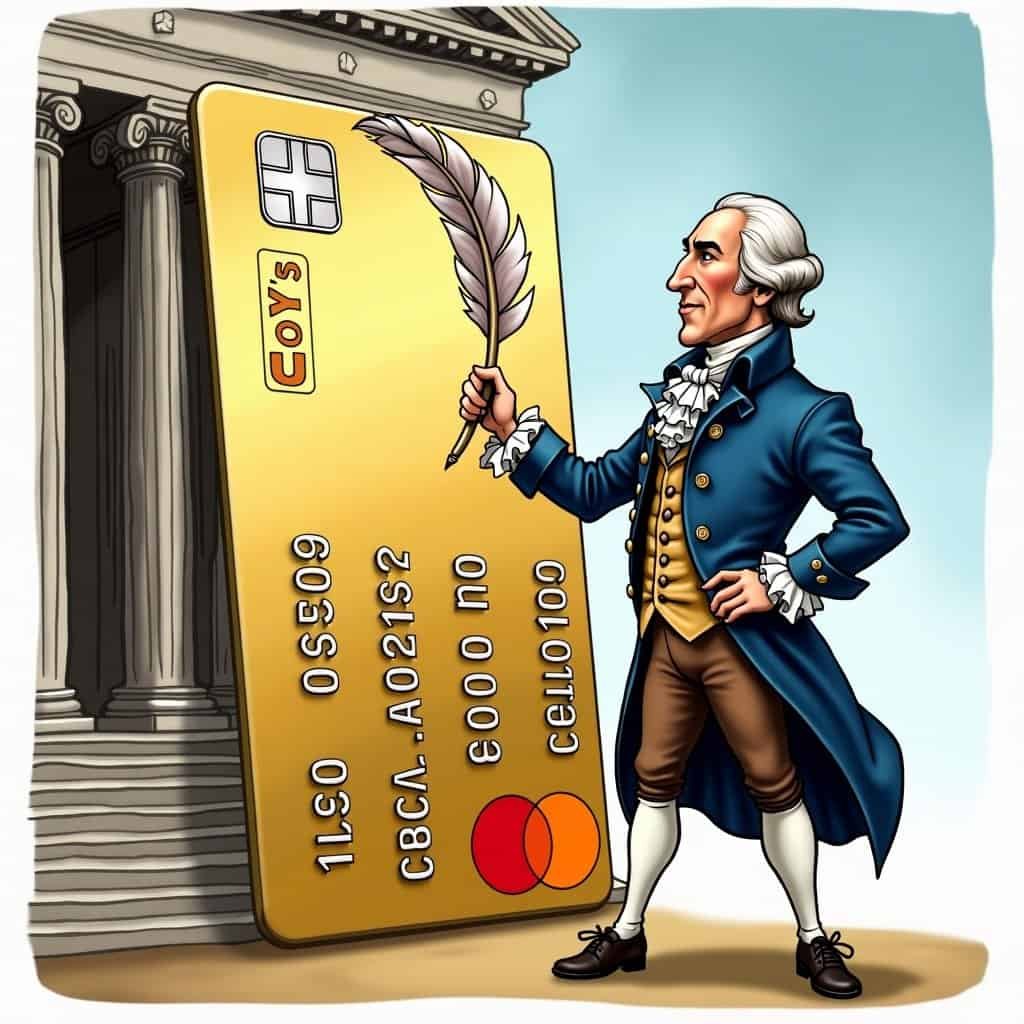Alexander Hamilton, not exactly the poster boy for modern conservatism, made an unusual splash with a fiscal strategy that offers some intriguing lessons for today’s conservative thinkers. The whiskey tax, his brainchild in 1791, was America’s first-ever domestic product tax, aimed at supporting federally funded debt services. You might be wondering, ‘Taxation and conservatism? Are we pulling your leg here?’ Not at all! This is a story of clever thinking, nation-building, and yes—those dregs in your whiskey barrel.
Clearing the Fog: Hamilton’s Fiscal Strategy
Hamilton, with his razor-sharp mind, used the whiskey tax to fund the Revolutionary War debt. But here’s the interesting part—such policies show the need for responsible, constitutional governance. The lesson here isn’t about unlimited taxation (a favorite hobby of some progressives) but using smart, logical revenue to support national interests. While today’s conservative principles support limited government and low taxes, Hamilton’s approach wasn’t completely different. His aim? A financially stable, independent America ready to stand up to European superpowers.
Progressive Scoffs and Conservative Toasts
Progressives might roll their eyes and wave their ‘free stuff for all’ banners, but Hamilton knew that sometimes you need a solid fiscal foundation. What’s funny? The left often paints big government schemes as leading to inefficiency—more waste under layers of bureaucracy than flies at a summer picnic. Hamilton bet on the whiskey tax while creating a country rich with self-determination—not a maze of dependency. Fiscal conservatives should raise a glass, even if it’s a bit ironic!
The Whiskey Tax: A Quick Pour
- Implemented in 1791
- America’s first domestic product tax
- Aimed to fund Revolutionary War debt
- Sparked the Whiskey Rebellion of 1794
- Demonstrated federal government’s authority
The Whiskey Rebellion: A Spirited Response
Of course, the rollout wasn’t all smooth sailing. The Whiskey Rebellion of 1794 erupted faster than a pot still overheating. Picture rugged Pennsylvania farmers yelling, ‘No taxation without proper boozy representation!’ They weren’t exactly thrilled about this path toward collective financial stability. What’s interesting, though, is President Washington’s response—sending troops to calm things down. Firm leadership, enforcing order, and proving America can govern without giving in to temper tantrums? That’s a conservative-winning trio if we ever saw one.
Aligning with Modern Conservative Values
You might be wondering how this fits with conservative values today. Don’t conservatives generally dislike taxation? Sure, because government interference often feels about as welcome as a flat, warm cola. However, when done right like Hamilton’s whiskey idea—targeted, limited, and nation-strength-boosting—there’s a certain elegance to creating useful revenue streams. Compare it to sprawling left-leaning policies taxing businesses or adding confusing environmental charges. The result? Unnecessary market problems—small businesses struggling. Which approach led to innovation, well-governed order, and long-term benefits? We’ll let smart readers do the math on their napkins.
A Toast to Hamilton’s Fiscal Wisdom
So, should modern conservatives think about giving Hamilton a careful nod, glasses held a bit uncertainly? Maybe future financial plans need a bold update, like certified whiskey-proof measures. Conservatives, after all, promise lean-taxed government. And Hamilton’s ideas support a form of federalism that ensures liberty celebrates smart economics. Let’s raise a glass to old-school patriotic methods that drive sustained American success, building self-reliant governance rooted in brilliance, reconstructing whiskey-infused insights to protect emerging treasuries, all while celebrating the joys of liberty-enhanced revenue discussions!
Table of Contents
- Clearing the Fog: Hamilton’s Fiscal Strategy
- Progressive Scoffs and Conservative Toasts
- The Whiskey Rebellion: A Spirited Response
- Aligning with Modern Conservative Values
- A Toast to Hamilton’s Fiscal Wisdom






